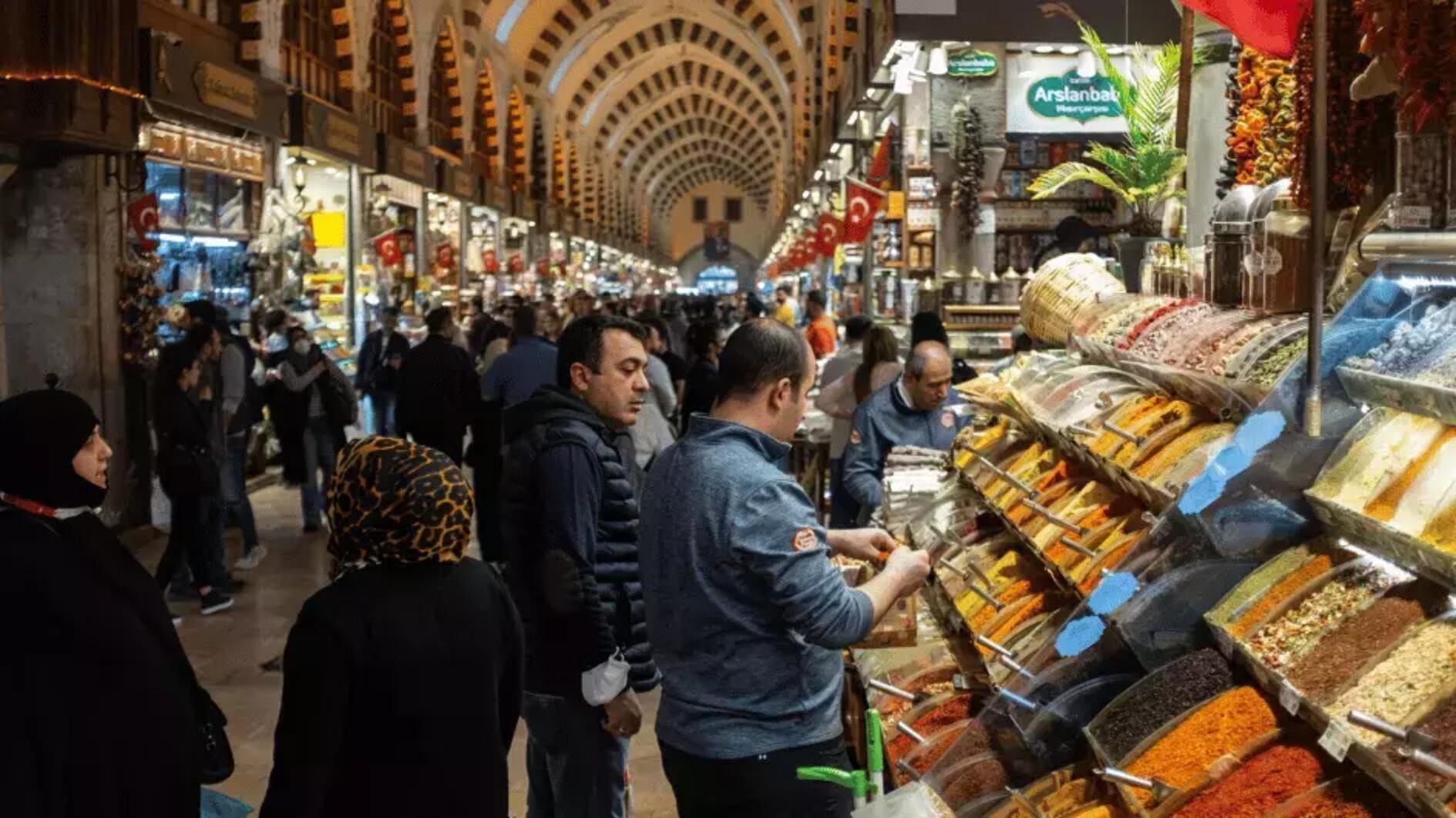Not again, not now
It was 1993. A cease-fire established between the Turkish government and the outlawed Kurdistan Workers’ Party (PKK) thanks to the mediation of Jalal Talabani, then leader of the Iraqi Kurdish Patriotic Union, was about to turn into a peace agreement.
Talabani and Abdullah Öcalan, the founding leader of the PKK, then based in the Syrian capital, Damascus, had a joint press conference and reiterated their determination to have peace. The Turkish military was put in an idle mode and an atmosphere of hope dominated Ankara politics.
That came to an end when PKK militants ambushed a bus carrying unarmed soldiers on their way back home and killed 33 of them on May 24.
That is one of a few cases for which Öcalan denied responsibility in his defense before the court following his arrest after he left the Greek Embassy in Kenya in a joint Turkish-U.S. intelligence operation in 1999.
The ‘93 attack not only ended the peace process, it triggered a period of blind terror (until Öcalan’s arrest) and also demolished a major energy project.
A week after the attack, a coup took place in Azerbaijan and Haydar Aliyev, who replaced Ebulfaz Elchiyev, canceled the Baku-Ceyhan oil pipeline agreement that was to be signed in a few days time. It was to be the first pipeline to carry oil from the region of the former Soviet Union, which had been dissolved a year before and become Russia. The pipeline agreement could be signed only in 1999 (after Öcalan’s arrest) and is still operating.
In 2012 the circumstances as the PKK hit the Dağlıca military station by the Iraqi border killing eight soldiers and injuring 16 on June 19 have a number of similarities to those of 1993.
Jalal Talabani – now president of Iraq – revealed some 10 days ago that the Iraqi Kurds – mainly the Kurdistan Regional Government (KRG) led by Masoud Barzani – have been in contact with the PKK for some time to have the organization lay down arms.
The KRG is in a harsh war of words with the Nouri al-Maliki government in Baghdad over the oil and gas production rights given to companies, mainly Exxon of the U.S. but also some Turkish companies. Barzani wants to export its oil and gas to Europe and elsewhere via pipelines through Turkey. And a recent “TransAnatolia” pipeline project signed by Azerbaijan and Turkey suggests carrying Azeri gas to Europe via Turkey, thus creating an alternative to Russian gas, which dominates the European market.
On the political front, some two weeks ago Turkish Prime Minister Recep Tayyip Erdoğan gave the green light to a proposal by main opposition Republican People’s Party (CHP) leader Kemal Kılıçdaroğlu to find a solution to the Kurdish issue through parliamentary politics. Following that Leyla Zana, a prominent figure in Kurdish politics who had been justifying the PKK’s armed campaign as a “guarantee” for Kurds’ rights told Hürriyet newspaper that the PKK should stop violence and she had confidence that Erdoğan could have the means to solve the problem. So there was an optimism in the country regarding a solution to the problem which has claimed more than 40,000 lives in the last three decades.
And as Erdoğan was about to meet with U.S. President Barack Obama during G-20 meetings in Mexico, the PKK attack hit Dağlıca, a station which had been hit by the PKK five years ago, again as Erdoğan was about to meet with then U.S. President George Bush.
Same scenario? Perhaps. But the outcome could be different this time. In his first reaction to the attack, Erdoğan repeated his call for the PKK to lay down arms and underlined that this time the process could not be stopped by the PKK, making a reference to Kılıçdaroğlu’s proposal. Kılıçdaroğlu in return said the PKK should lay down arms at once without any preconditions, instead of attacking the government. President Abdullah Gül said yesterday that Turkey now makes a clear distinction between the Kurdish problem and the problem of terrorism. And Deputy Prime Minister Bülent Arınç has started broadcasts by Turkish state TV channel TRT in Sorani, a Kurdish dialect spoken mostly in Iraq on a live show with Barzani; another indication of Turks and Iraqi Kurds getting closer.
If the Dağlıca attack was aimed at destroying the process to find a peaceful solution to the Kurdish problem, there is hope at least this time such an attempt will be discarded.











